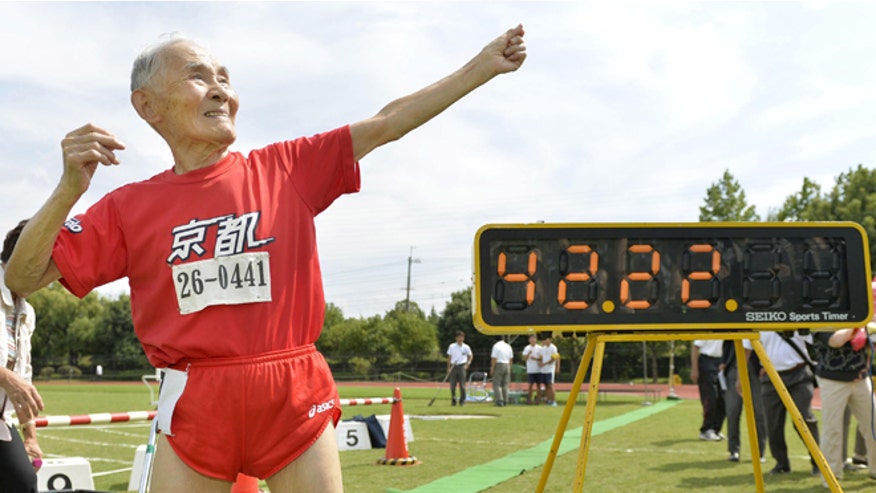The strenuous physical activity tends to decrease in most animals with increasing age. In humans this is not always true, because it is noted today a significant increase of individuals who continue to remain physically active even when they are older.
In recent years the worldwide success is experiencing the marathon (42.195 km) is a demonstration of this track.
- In Italy 2018, 37,874 individuals whose 6,872 are women have been finishers.
- It is increased the number of runners who run the marathon with times from four hours and thirty minutes: this year were 9508, corresponding to an increase of 25% compared to 2017.
- In our country, just 43 athletes have raced in less than two hours and thirty equivalent to a decrease of 23.2% compared to 2017.
- Even the group between three hours and three hours and thirty decreased of 28.6% and it corresponds to 6,553 individuals.
- The largest number of finishers was between three hours forty five and four hours: 4,752 (- 5.8% compared to the previous year).
“In long-distance running the only opponent you have to beat is yourself, the way you used to be.”





